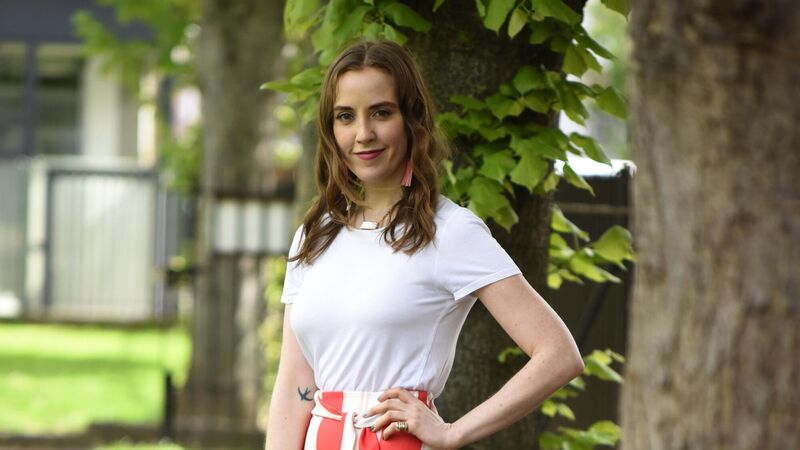Louise O'Neill: After two long years, is the end finally in sight?

Louise O'Neill: According to scientists, this could be the start of an endemic rather than a pandemic
My gym classes are still outside which is a source of great relief for me. (Except on the days when it’s freezing cold or lashing rain. On those days, I feel very, very sorry for myself.) But given the winter weather and the fact I’m, you know, exercising, my nose usually starts to run within seconds of class starting.
At first, I try and ignore it. Then, finally, I have to grab a tissue and blow my nose in front of everyone else. Who wants to publicly blow their nose in this climate?






